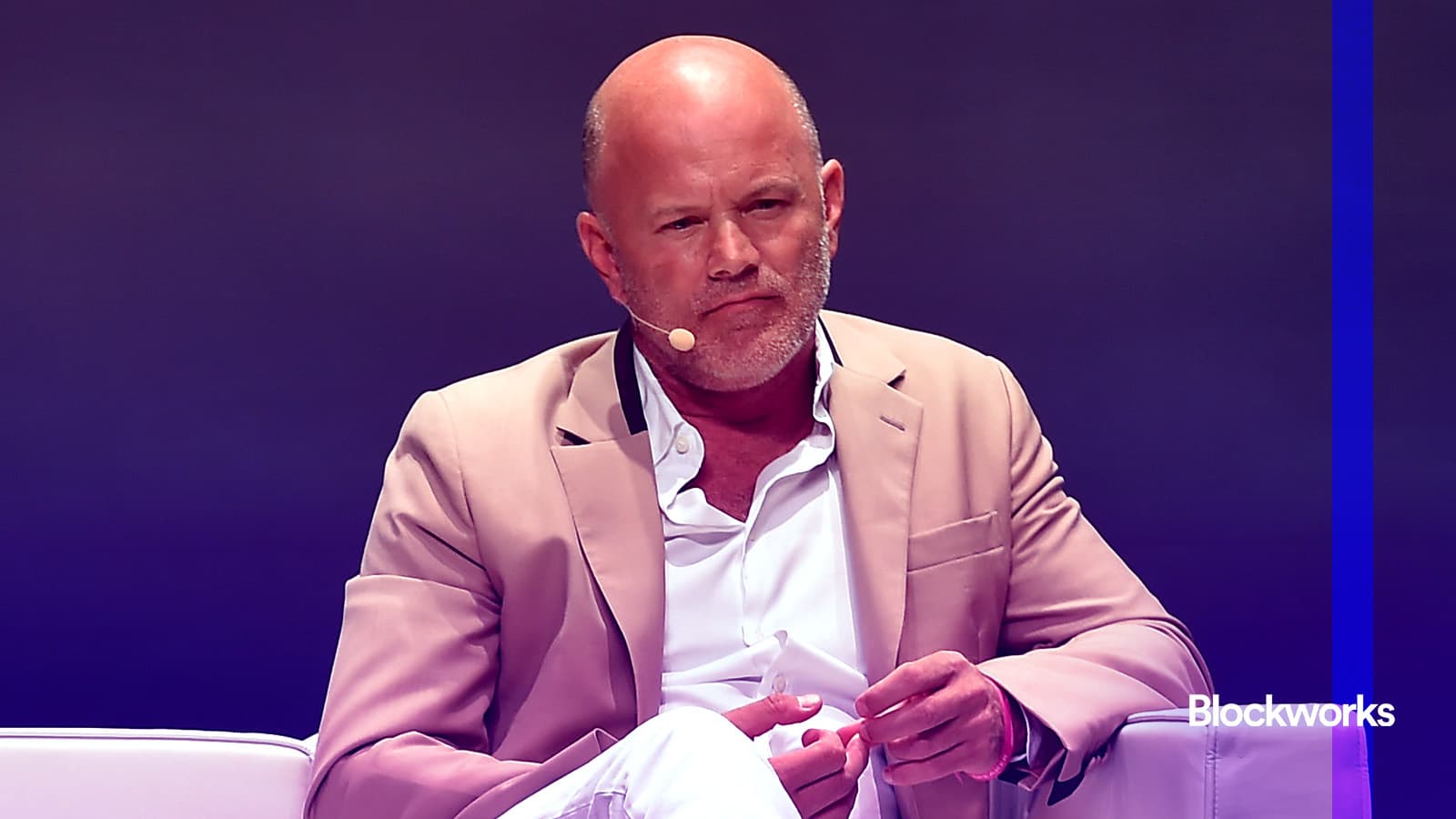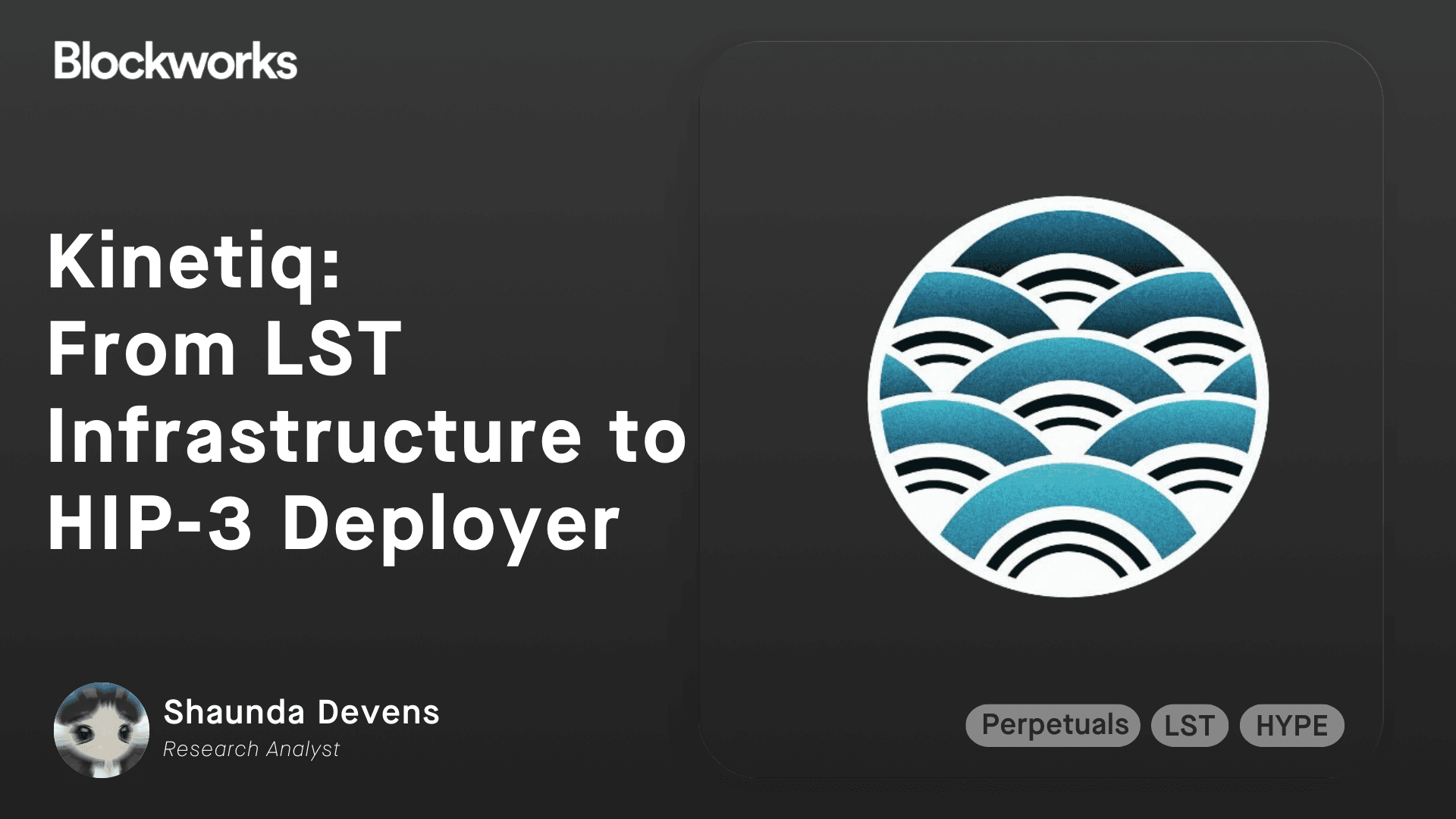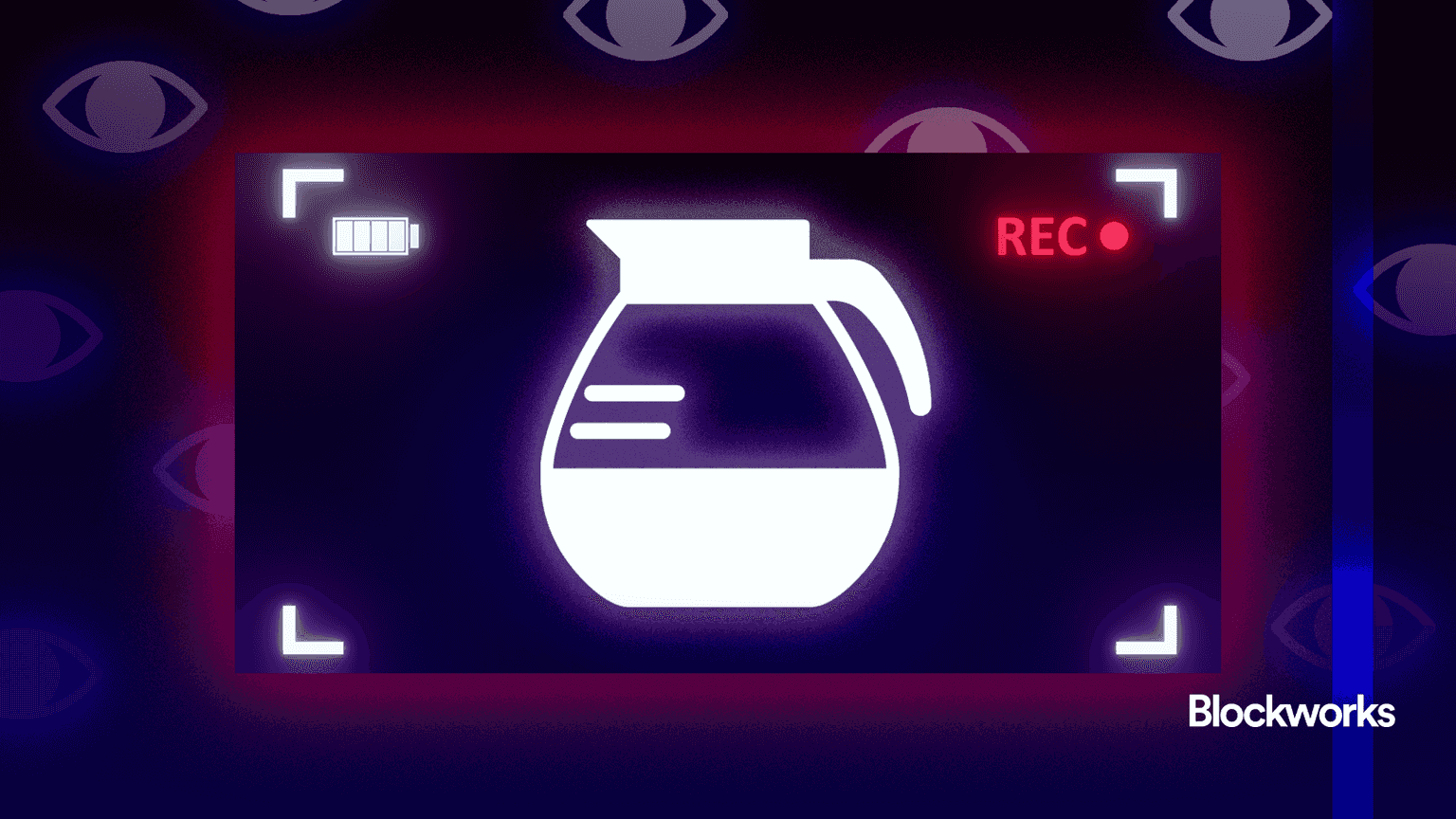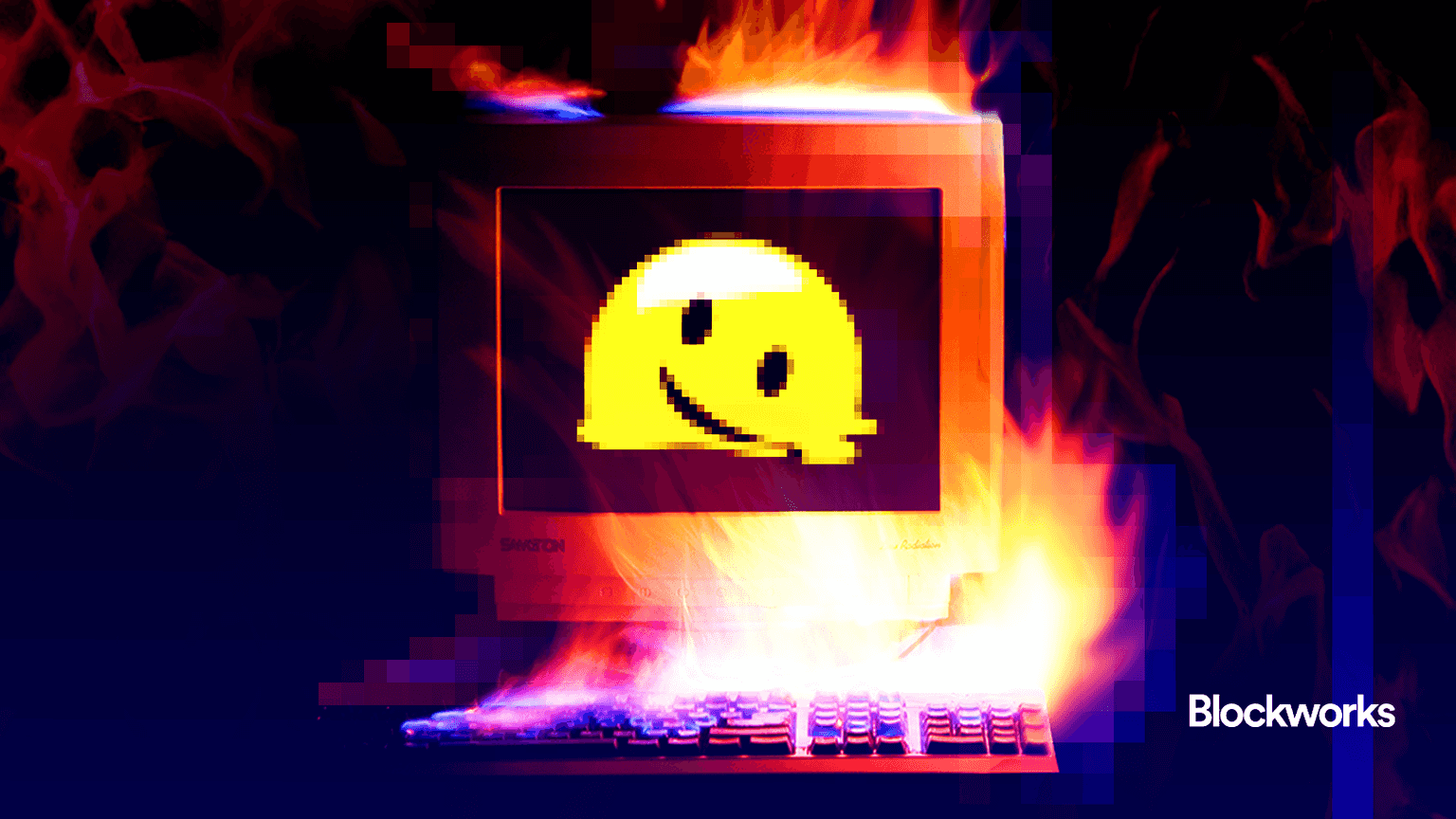Galaxy tokenizes SEC-registered shares on Solana
Galaxy Digital and Superstate debut first Nasdaq-listed equity tokens

Galaxy CEO Mike Novogratz | Seb Daly / RISE via Sportsfile/"SD4_0064″ (CC license)
Galaxy Digital has partnered with financial technology firm Superstate to launch tokenized versions of its Class A common stock on the Solana blockchain. This marks the first time SEC-registered public equity has been issued directly on a major public chain.
Announced on Sept 3, the rollout uses Superstate’s Opening Bell platform, where the firm acts as the SEC-registered transfer agent to record ownership updates onchain in real time as tokens move between wallets.
Unlike synthetic products or wrapped securities, Galaxy’s tokenized shares are legally equivalent to traditional stock, carrying full shareholder rights. Initial availability is limited to approved, KYC-verified investors, who can hold and transfer shares within self-custodied wallets.
According to Barron’s, as of early September, 21 investors had tokenized 32,374 shares on Solana, underscoring measured but notable uptake.
Exodus set an early precedent in 2024 when it tokenized its SEC-registered Class A common stock on the Algorand blockchain.
At the time, Exodus became the first U.S. company to have shares simultaneously listed on a national exchange and digitally represented on-chain, with tokens held directly in its wallet application. Galaxy’s launch extends that model to a Nasdaq-listed firm on Solana.
Galaxy’s chief executive Mike Novogratz said the initiative aims to combine the transparency and composability of crypto markets with the protections of regulated equity. By leveraging Solana’s fast settlement, Galaxy shares can be transferred around the clock, a shift from traditional market hours.
The firms are also studying how automated market makers (AMMs) could support tokenized equity trading within the SEC’s Project Crypto framework.
Blockworks previously reported that corporate treasuries and IPO activity in the digital asset sector have accelerated alongside regulatory shifts, while the SEC and CFTC recently announced a joint initiative to harmonize oversight under Project Crypto and the Crypto Sprint.
Galaxy’s tokenization effort fit squarely within this broader backdrop of companies and regulators experimenting with ways to bring traditional finance structures onchain.
Updated 9/4/25 at 10:10 a.m. ET to include context on Exodus.
This article was generated with the assistance of AI and reviewed by editor Jeffrey Albus before publication.
Get the news in your inbox. Explore Blockworks newsletters:
- The Breakdown: Decoding crypto and the markets. Daily.
- 0xResearch: Alpha in your inbox. Think like an analyst.






